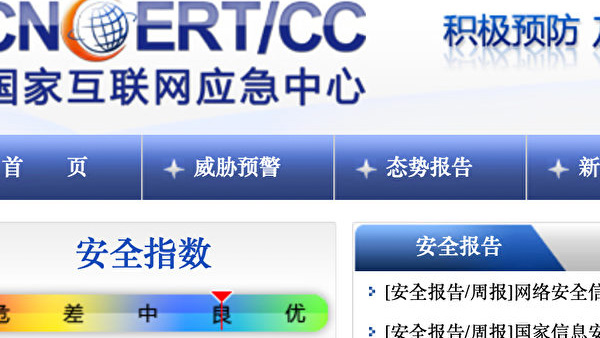Title: Chinese Communist Party Tightens Grip as Economic Downturn Continues
Subtitle: President Xi Jinping Calls for Loyal Internet Governance in the Face of Growing Crisis
Date: July 16, 2023
In the midst of China’s ongoing economic downturn, the Chinese Communist Party (CCP) is intensifying its control over the freedom of speech. President Xi Jinping has urged the Cyberspace Administration of China (CAC) to demonstrate loyalty to the party and to be fearless in the face of challenges.
From July 14th to 15th, the CCP’s National Network Security and Informatization Work Conference was held in Beijing. President Xi Jinping emphasized the need for the party to manage the internet and build a strong cyber security barrier. He stressed that “positive energy” is a fundamental requirement and called for unwavering loyalty to the party.
The conference was attended by top officials, including Cai Qi, Secretary of the Central Secretariat, Ding Xuexiang, Vice Premier of the State Council, and Wang Xiaohong, Minister of Public Security, among others. Representatives from Beijing, Shanghai, Guangdong Province, the Ministry of Education, the Ministry of Industry and Information Technology, and People’s Daily also participated in the conference.
Cai Qi, at the conference, underlined the importance of strengthening positive propaganda and guidance online and the need to prevent ideological risks in cyberspace. He emphasized the significance of studying Xi Jinping’s thoughts on network security and his “two establishments” and “two maintenances” concept for effective comprehensive network governance.
Internally and externally besieged, the CCP faces challenges on multiple fronts. Recent data reveals a significant decline in economic momentum due to weak domestic and international demand, as well as a prolonged slump in the Chinese real estate market. The recent depreciation of the yuan has also heightened debt risks for both domestic companies and the government. Even insiders within the CCP acknowledge that if the economy continues to deteriorate, the ruling party’s legitimacy could be shaken.
In response to these challenges, President Xi Jinping has issued warnings on multiple occasions. During the first meeting of the National Security Committee of the 20th Central Committee of the CCP on May 30th, he highlighted the increased complexity and difficulty of national security issues and called for preparedness to withstand major tests.
On July 1st, in an article published in Qiushi, the CCP’s publication, Xi Jinping addressed the importance of upholding Marxist and communist ideals, as well as the banner of socialism with Chinese characteristics. He underscored the consequences of losing faith in these ideologies, citing the collapse of the Soviet Communist Party and the disintegration of the Soviet Union as examples. These statements indicate that the Xi Jinping government is acutely aware of an impending crisis.
Professor Song Guocheng, a senior researcher at the International Relations Research Center of National Chengchi University, suggests that Xi Jinping’s speeches reflect his extreme sense of crisis and fear of a potential collapse of the CCP, akin to what happened to the Soviet Communist Party. He noted the delicate and tumultuous international environment, coupled with the weak state of the Chinese economy following the pandemic, as contributing factors to Xi Jinping’s growing anxiety. The unemployment and lay-off problems, as well as companies relocating, further compound the challenges faced by the regime.
Amidst this backdrop, the CCP continues to tighten its grip on speech and emphasizes loyalty to the party. As the economic crisis persists, the resilience and future of the ruling party remain uncertain.
Editor: Lin Li
